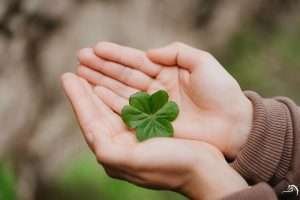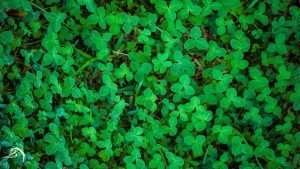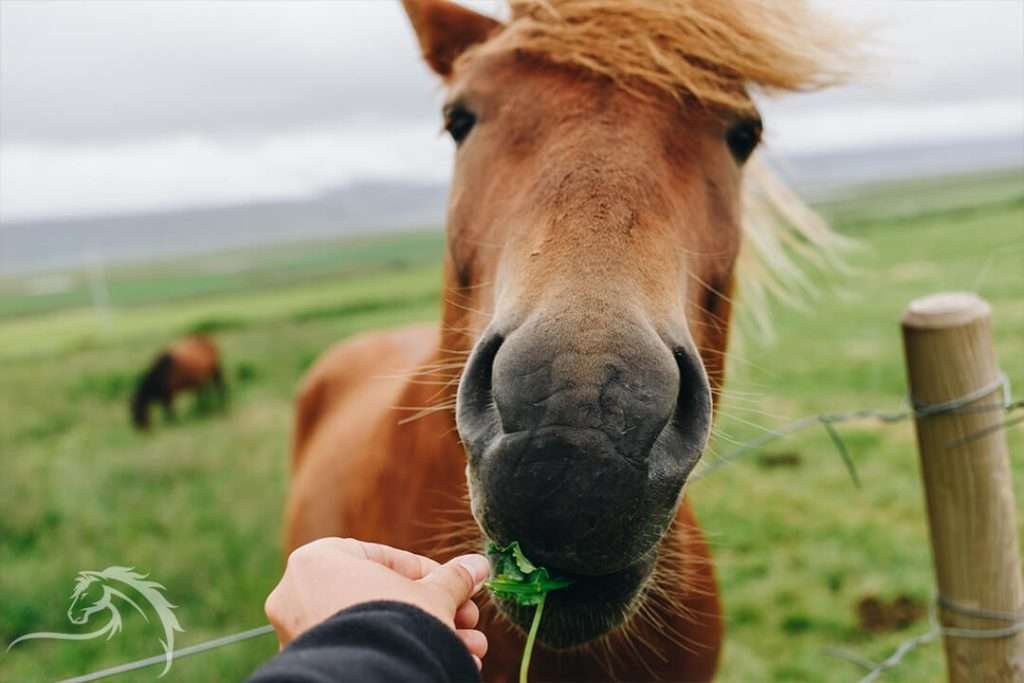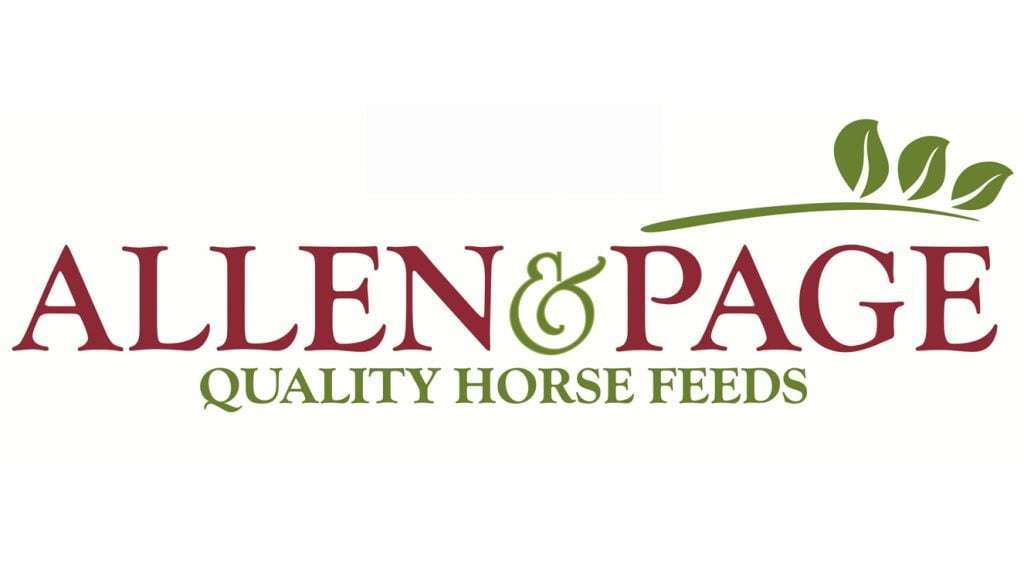Horses can eat clover, but it’s important to understand the different types and potential issues before letting them loose in a clover patch. Although some people believe that clovers are poisonous to horses. It is a valuable forage that provides sufficient amounts of protein, energy, and fibre to help our equines achieve their daily nutritional needs. so the question is “Can Horses Eat Clover?“ It is a common ingredient in hay mixtures, and it grows in three different types:
- Red Clover
- White Clover
- Alsike Clover
It also serves as a good indicator of soil quality and helps plants grow by fixing nitrogen in the soil. In this post, we will discuss the nutritional value and potential hazards associated with feeding horses clovers.
Benefits of Clover for Horses
Horses can derive significant nutrition from clover, as it offers protein, energy, and fibre that can help them fulfil their daily nutritional needs. Clover flowers have various applications in treating horses. Red clover, for instance, works as a blood purifier and helps with skin issues like a sweet itch.

Additionally, research has shown that it can aid in managing bronchial diseases such as the flu. Horses grazing on clover-predominant pastures benefit from having a moderate amount of the proper kinds of clover. By capturing nitrogen from the air and fixing it in the soil, clover makes this vital nutrient available to other plants. In a mixed grazing pasture, clover can be helpful, and it is recommended that the pasture for horses contain clover.
Risks of Feeding Horses, Clover
Although horses can consume clover, feeding horses an excessive amount of clover may cause health problems. When horses are overfed clover, they may experience health issues. Horses, however, easily tolerate low clover concentrations. The recommended amount of clover intake for horses, which ranges from 10 to 20%, is still a controversial topic. Horse owners also need to be aware that mouldy clover is toxic to horses and can cause serious health problems.
Is Clover Bad for Horses?
 Two issues may arise while grazing horses on the ground that contains clover. One of these is relatively minor, while the other has the potential to be very significant. Therefore, it is critical to be aware of the clover on your property so that you can take the necessary precautions to protect your horse. Although clover is healthy and fresh, it can cause problems when it contains fungus or mould. For this reason, horses must consume clover under supervision.
Two issues may arise while grazing horses on the ground that contains clover. One of these is relatively minor, while the other has the potential to be very significant. Therefore, it is critical to be aware of the clover on your property so that you can take the necessary precautions to protect your horse. Although clover is healthy and fresh, it can cause problems when it contains fungus or mould. For this reason, horses must consume clover under supervision.
Conclusion
In conclusion, clover is a valuable forage that provides sufficient amounts of protein, energy, and fibre to help horses meet their daily nutritional requirements. Clover is an essential feed source for horses, but horse owners must be aware of the potential hazards associated with feeding horses an excessive amount of clover.





